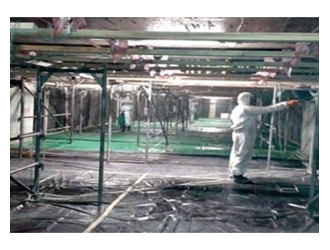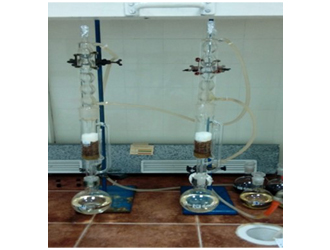The research team "Physical Chemistry of Materials: Energy and Environmental Applications" operates within the sub-areas:
The project explores promising energy technology, direct alcohol fuel cells (DAFC) for portable applications. The use of DAFC have several advantages compared to other types of FC. Using liquid alcohol makes this FC type favorable as alcohols have high energy density and are easy to store and transport with low cost associated. Challenges that need to be addressed for wider use of DAFC are: the slow anode reactions, alcohol crossover, managing heat and water, maintaining long-term stability and durability.
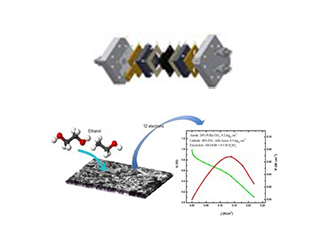
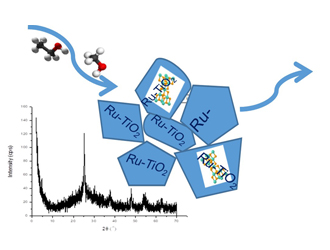
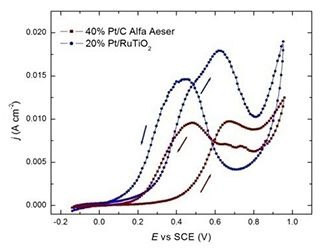
The scientific investigation of the project relies on multidisciplinary fields of research in chemistry, physics, material science, and engineering with the goal to make a breakthrough in development of cost-effective, nanosized, Pt and non-Pt catalysts with enhanced activity and stability able to improve performance and durability of DAFC.
One part of the work is reduction of the overall amount of Pt to <0.5mg/cm2 in single membrane electrode assembly (MEA) of the fuel cell, without loss in efficiency and lifetime, and the second to develop Pd catalyst on interactive supports with the same performance. Both Pt and Pd is treated as catalyst systems dispersed on interactive metal-oxides supports of various shapes (TiO2 nanotubes, prolate nanospheroids and nanosized SnO2, doped with Ru, W and Sb).
Synthesis of organic composite hydrogels and inorganic composites with N2O2; synthesis of polymeric carriers in the form of porous beads suitable for N2O2 encapsulation; development of N2O2 encapsulation process; synthesis of composites based on biodegradable hydrogels and N2O2; examination of physical and chemical properties of synthesized materials; monitoring the kinetics of N2O2 release, testing the kinetics of thermal dehydration and degradation of synthesized materials (cooperation between IOFH and Belinka, Slovenia).
Synthesis of hybrid materials based on hydrogels and different types of zeolites, as well as composites of graphenoids and polymers, for which the influence of drying methods on physical, chemical and thermal properties will be investigated. In the continuation of these researches, the biodegradability and cytotoxicity of synthesized hydrogels and hybrid materials will be investigated. Development of theoretical models of dehydration kinetics of different hybrid and composite materials and thermal degradation of polymers in hybrid and composite materials.
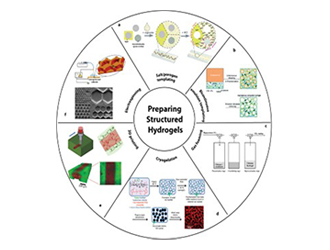
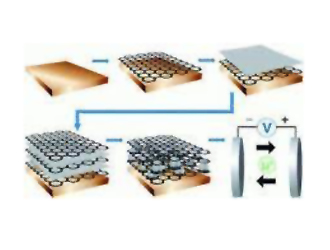
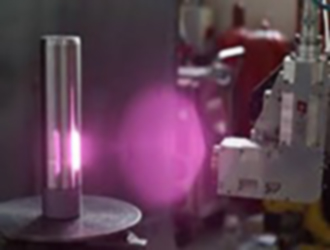
Characterization of metal surfaces modified with long and short laser pulses and surface modifications of bimetallic thin layers, alloys and superalloys with ultra-short laser pulses, in order to improve their properties and functionality.
Development of composite sorption material based on post-industrial textile waste and various molecular and nanomaterials as surface modifiers, for wastewater treatment and photocatalytic activity (SORBTEX project from the call of IDEAS of the RS Science Fund).
- Development of new materials for portable, transport and stationary applications for hydrogen energy
- Production of hydrogen via electrolysis
- Using of hydrogen via Fuel Cells
- International cooperation – “Efficient use of resources in energy converting applications” (EC Contact no 303024)
- Developing micro – CHP 5 kW system using MT- PEMFC for combined electricity and heating of households)
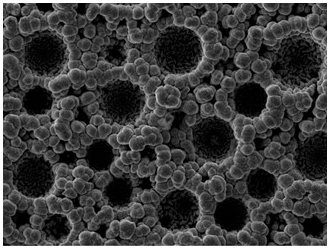
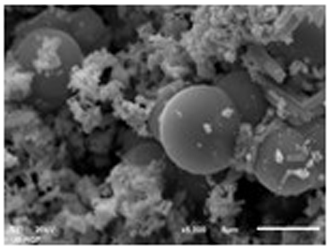
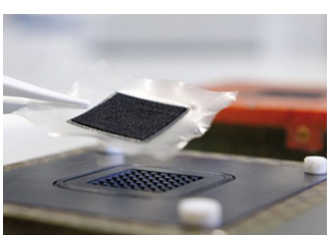
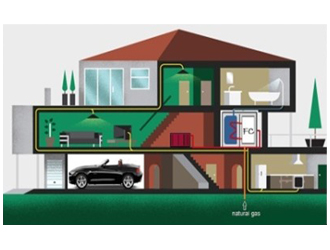
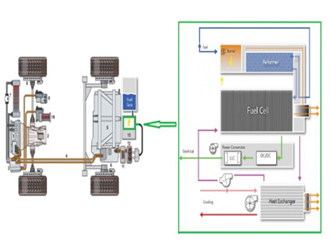
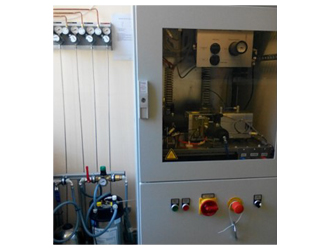
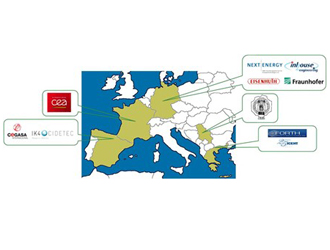
- Treatment of oily wastewater by using domestic sorption - filtering materials (procedure tested in TE TO Kostolac and TO Zrenjanin, Petrohemija, Pancevo and Refinery Pancevo) Production of hydrogen via electrolysis
- Drinking water treatment - removal of arsenic, manganese, iron, organic matter (method applied in Elemir Water Supply)
- Removal of organic matter from wastewaters (mercaptans)
- Liquid and powder detergent-surface tension, emulgation power, foamability, viscosity, irritability
- Recommendation for the quality assessment of the cleaning performance of hand dishwashing detergents-IKW 2002
- IKW (German Cosmetic, Toiletry, Perfumery and Detergent Association)
- IGPC performs R&D in many areas of environmental protection, and also applied research with aim to reduce various environmental problems across the country and the region;
- Waste categorization, water quality, ambient air and soil analysis using wide spectrum of chemical analytical methods;
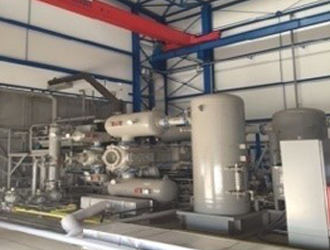
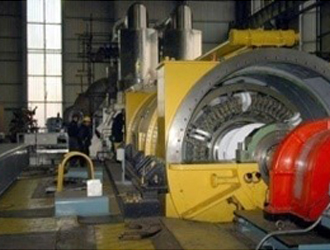
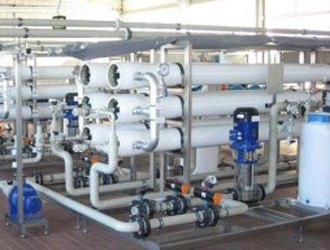
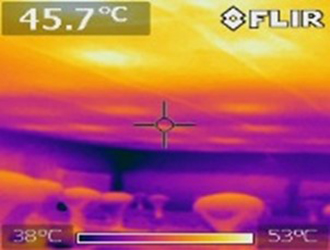
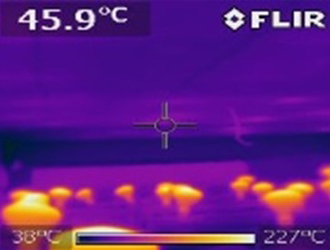
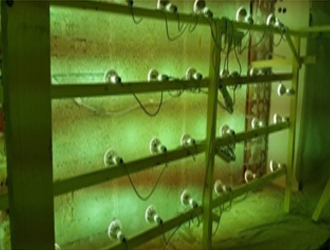
- Development of protective materials against hazardous chemicals
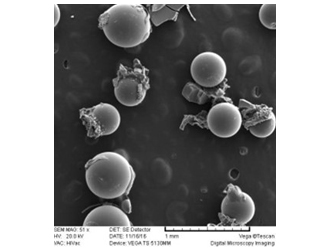
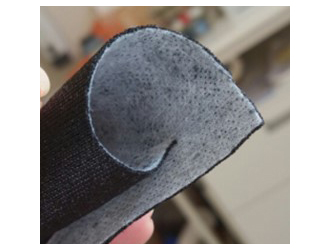
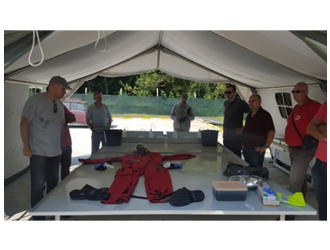
- Development of fully automated systems for testing efficiency of protective equipment and detector kits for defense industry
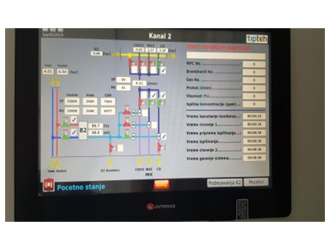
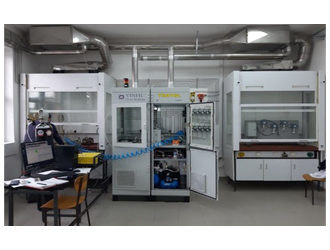
- Decontamination of the residental buildings using advanced oxidation technology
- Development of systems for decontamination of hazardous wooden waste using solvent extraxtion technology
